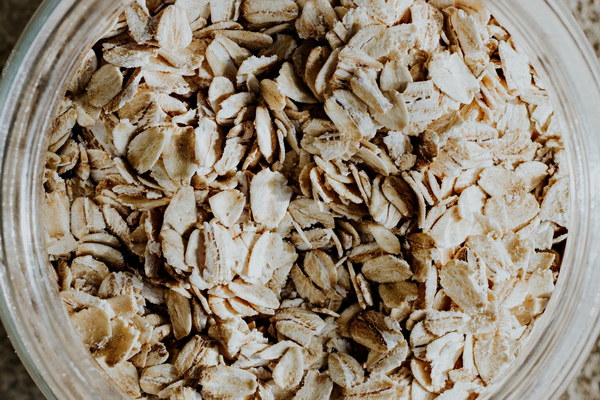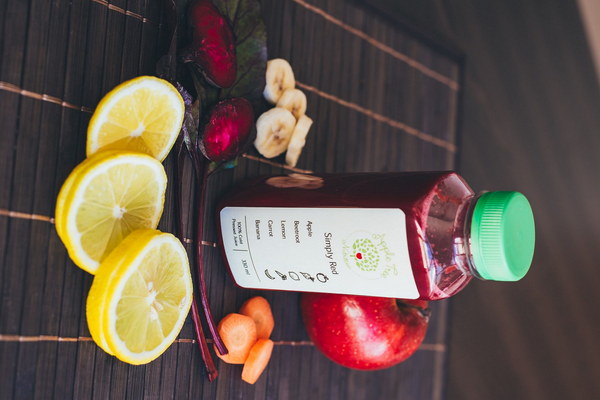Unlocking the Fountain of Youth Discover the Most Effective Hormone for Anti-Aging
In the relentless pursuit of eternal youth, scientists and researchers have delved deep into the mysteries of the human body, seeking the Holy Grail of anti-aging. Among the myriad of treatments and supplements that claim to reverse the signs of aging, one hormone has emerged as a potential game-changer: dehydroepiandrosterone (DHEA). But which hormone truly reigns supreme in the battle against time? Let's explore the science behind DHEA and why it might just be the key to unlocking the fountain of youth.
Understanding DHEA: The Master Hormone
DHEA, often referred to as the master hormone, is produced in the adrenal glands and is present in both men and women. As we age, the production of DHEA naturally declines, leading to a host of age-related issues such as decreased muscle mass, weakened immune function, and diminished libido. But what makes DHEA so special?
DHEA serves as the precursor to many other hormones, including testosterone, estrogen, and cortisol. By replenishing DHEA levels, it is believed that the body can restore a more youthful hormonal balance. This, in turn, may lead to improved cognitive function, increased energy, and a reduction in age-related diseases.
The Science Behind DHEA's Anti-Aging Effects
Several studies have investigated the potential anti-aging effects of DHEA. One notable study published in the Journal of Clinical Endocrinology & Metabolism found that DHEA supplementation improved cognitive function in older adults. Another study in the journal Menopause showed that DHEA treatment led to a reduction in age-related symptoms, such as vaginal dryness and mood swings, in postmenopausal women.
Moreover, DHEA has been shown to have positive effects on cardiovascular health, bone density, and skin elasticity. By promoting the production of collagen and elastin, DHEA can help maintain the skin's youthful appearance, reducing the appearance of wrinkles and sagging.
DHEA vs. Other Hormones: The Comparative Advantage

While DHEA has garnered significant attention, it is not the only hormone that has been linked to anti-aging benefits. Let's compare DHEA with a few other notable hormones:
- Human Growth Hormone (HGH): Often hailed as the fountain of youth hormone, HGH is produced by the pituitary gland. It has been shown to improve muscle mass, bone density, and skin elasticity. However, HGH therapy can be expensive and has potential side effects, including joint pain and carpal tunnel syndrome.
- Estrogen: For women, estrogen replacement therapy has been used to alleviate menopausal symptoms and may have some anti-aging benefits. However, there is a risk of increased cardiovascular disease and breast cancer associated with estrogen therapy.
- Testosterone: Testosterone therapy can boost libido and energy levels in both men and women, but it also comes with potential side effects, including acne and breast enlargement.
The Verdict: DHEA as the Ultimate Anti-Aging Hormone?
While DHEA appears to have a competitive edge in the realm of anti-aging hormones, it is essential to approach its use with caution. While some studies have shown promising results, others have yielded mixed findings. Moreover, DHEA supplementation is not without its risks, including potential interactions with other medications and an increased risk of certain cancers.
That said, DHEA's unique ability to act as a precursor to multiple hormones, along with its potential benefits in cognitive function, cardiovascular health, and skin elasticity, make it a compelling candidate for the title of the most effective hormone for anti-aging. As research continues to unfold, DHEA may well become the cornerstone of future anti-aging treatments, helping us all to live longer, healthier, and more vibrant lives.
In the meantime, it is crucial to consult with healthcare professionals before starting any hormone replacement therapy, as they can help determine the most suitable treatment plan based on individual health needs and risk factors. The quest for eternal youth may be ongoing, but with DHEA and the guidance of medical experts, we are one step closer to achieving our goal.









